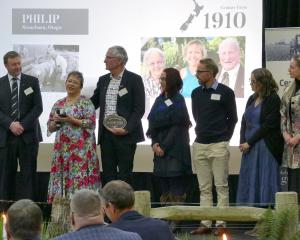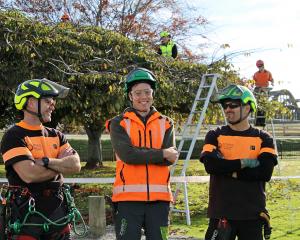
In August, those involved in Clutha’s rural water schemes formed a working party to consider concessions to Three Waters Reforms made by the Government during consultation.
Mixed-use schemes such as those in Clutha, are now permitted to be directly owned and operated, independent of incoming water services entities.
Clutha Mayor Bryan Cadogan said although that came with benefits, potential liabilities also existed, requiring "clinical" business decisions to be made before proceeding.
"An independent assessment, funded by the DIA [Department of Internal Affairs], is being undertaken by Morrison Low, looking at the benefits, costs and risks of rural customer ownership versus water services entity ownership and operation," said Mr Cadogan.
"For the most part, our rural areas only have a ‘one water’ — a rural drinking water supply — whereas most urban areas have three waters — drinking water, stormwater and wastewater.
"This is a massive decision for the future of our rural water supplies, and it requires proper due diligence."
The district’s 12 schemes supply 1842 urban users and 4860 rural users — about 35% of the district’s 19,000 residents.
Under the wider reforms, all council-owned and operated urban drinking water, wastewater and stormwater services will be transferred to four new water services entities in July next year.
The results of the rural water scheme assessment would be made public "early next year".
"Over the next few months, work will include discussions between council, DIA, farmers, scheme chairs and contractors to ensure the work is factual and practical.
"If the assessment shows customer ownership is viable, then we would look at how best to structure this option and how Government’s conditions could be met."
Mr Cadogan said the Clutha project would also be used as a "pilot run" for about 60 further schemes across the country.












